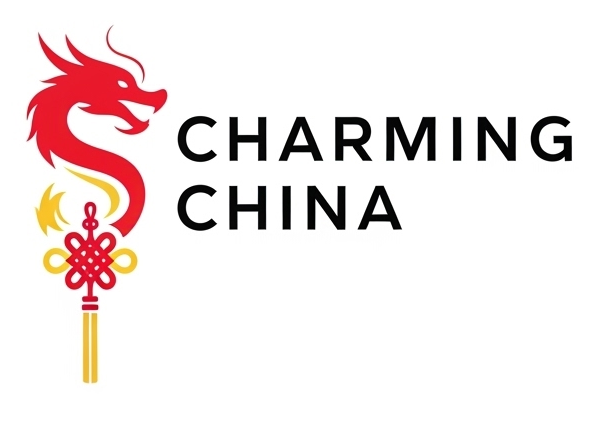Traditional Beverages
China’s traditional beverages are more than thirst-quenchers—they’re cultural expressions steeped in history, medicine, and ritual. From herbal infusions that cool the body to fermented rice wines served at celebrations, these drinks reflect regional diversity, seasonal wisdom, and centuries of craftsmanship. To drink a traditional Chinese beverage is to taste the rhythm of life, health, and heritage.
Non-Alcoholic Beverages
Herbal Teas (凉茶)
- Made from medicinal herbs like chrysanthemum, honeysuckle, and licorice
- Believed to cool internal heat and aid digestion
- Popular brands: Wang Lao Ji, Jia Duo Bao
Suanmeitang (酸梅汤)
- Sour plum drink made from smoked plums, rock sugar, and herbs
- Served chilled in summer to relieve heat and thirst
- Sweet, tangy, and slightly smoky
Soy Milk (豆浆)
- A breakfast staple, often paired with yóutiáo (fried dough)
- Served hot or cold, sweet or savory
- Rich in protein and widely consumed across China
Chrysanthemum Tea (菊花茶)
- Mild floral infusion known for its cooling and anti-inflammatory properties
- Often enjoyed with rock sugar or goji berries
Alcoholic Beverages
Baijiu (白酒)
- Strong distilled liquor made from sorghum or other grains
- Central to Chinese banquets, toasts, and rituals
- Flavor ranges from fiery and pungent to mellow and sweet
Huangjiu (黄酒)
- Fermented rice wine with lower alcohol content than baijiu
- Served warm, especially in winter or with hearty dishes
- Used in cooking and traditional medicine
Jiu Niang (酒酿)
- Sweet fermented rice beverage with a porridge-like texture
- Mild alcohol content, often eaten with osmanthus or fruit
- Served during festivals and postpartum recovery
Osmanthus Wine (桂花酒)
- Fragrant rice wine infused with osmanthus blossoms
- Symbolizes joy and longevity, often served at birthdays
Cultural Significance
- Seasonal Wisdom: Cooling drinks in summer, warming wines in winter
- Medicinal Roots: Many beverages are tied to Traditional Chinese Medicine (TCM)
- Social Rituals: Tea for guests, wine for celebration, herbal drinks for healing
- Regional Identity: Ingredients and flavors vary by province and climate
Traditional beverages are often homemade, passed down through generations, and deeply tied to local customs and festivals.
China’s traditional beverages are a liquid archive of culture, health, and hospitality. Whether it’s a cup of chrysanthemum tea or a toast of baijiu, each sip carries meaning beyond taste. These drinks invite us to slow down, connect, and honor the wisdom of generations.
